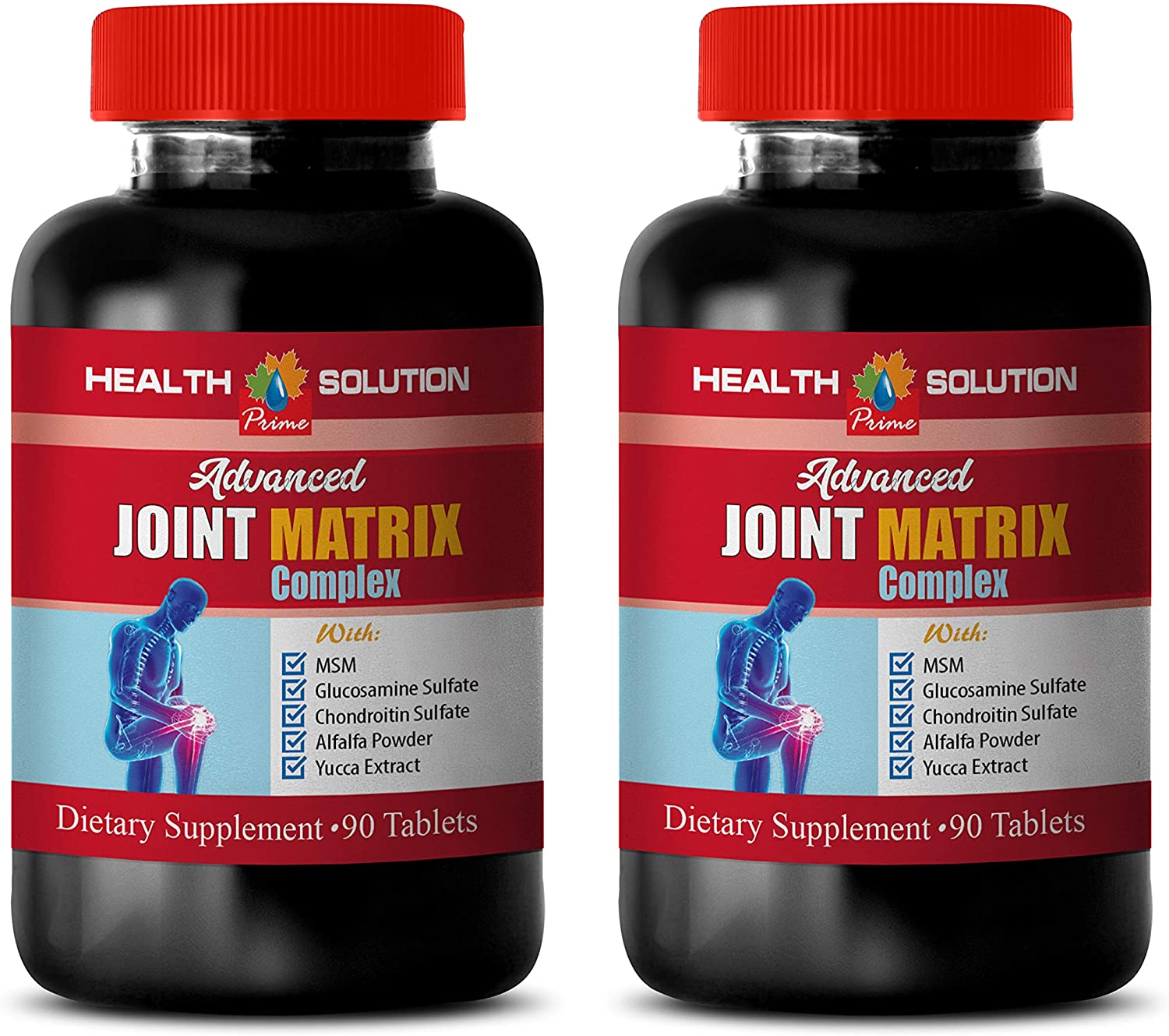The joints are a key part of the musculoskeletal system, thanks to them the dog has freedom of movement, can meet their physical exercise needs and can relate mainly to its external environment.
As popular wisdom suggests, “prevention is better than cure”, therefore, it is not necessary for the dog to have a joint pathology to pay attention to these structures, the important thing is to take care of them naturally to avoid any complications.
In this Animal Expert article, we talk about vitamins for dog joints
As humans have joints, these structures are also present in the dog’s musculoskeletal system.
A joint can be defined as the point of binding between two bones, however, it is a complex structure that has several parts, such as the capsule and synovial membrane, cartilage, ligaments and tendons, among others, once depending on the mobility of a joint. , will be composed in one way or another
The function of the joint is mainly to allow mobility and cushion shocks, preventing both ends of the bones from rubbing each other and wearing out.
As owners, we must defend responsible custody, which means that since the adoption of the dog, we must provide you with hygienic, dietary, sanitary and caring care that allows you to meet all your needs and offer you the best quality of life possible.
Through feeding and exercise, we should always try to maintain good health of our dog, but we should also worry especially about the following cases:
The nutritional needs of the dog should be covered mainly by the diet, however, in these necessary cases, nutritional supplementation based on vitamins of special importance for joint health can be performed:
Never give your dog an unsupervised vitamin supplement as the veterinarian is the person who can best advise you on the product to choose and also tell you how it should be used and for how long.
Your dog may suffer from a joint illness despite the care it has been able to provide, in which case it is important to know what are the main symptoms of this type of disease:
If you notice any of these symptoms, see the veterinarian as soon as possible, as the detection rate may determine the prognosis.
If you would like to read articles similar to, we recommend that you visit our additional care section.

